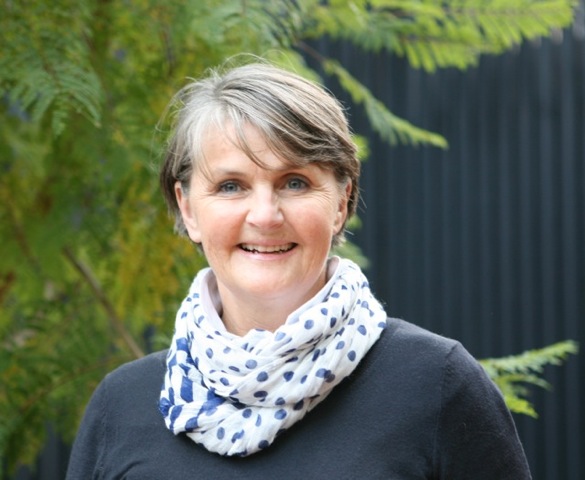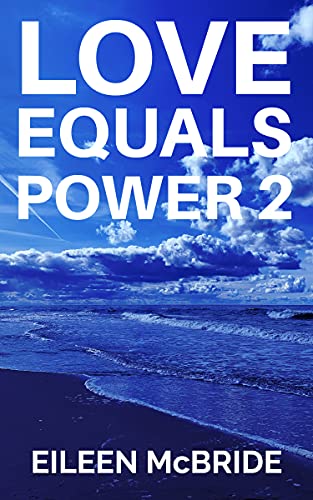People are often confused by free will. I was recently asked why God would bother to let us live in the illusion of free will if He ultimately knows the outcome already?
It might be helpful to imagine that when we come into this life it is as if we come with a jigsaw puzzle that is our life goal, and purpose, to solve. The end goal is to put the pieces together to recreate the picture that is on the box but there are some constraints on us. There is only one overall outcome, certain life lessons that we must learn, if we wish to live happy, peaceful, fulfilling and rewarding lives.
Free will exists but only in a limited fashion. For instance, we can choose which part of the puzzle we start on, we can search out all the straight edge pieces and do the border first. Metaphorically speaking this is like the person who spends her childhood and youth developing her character and learning how to make choices that ultimately form a strong and sturdy foundation on which she can build a highly functional life. Border pieces might include working hard to obtain a good education and work/life skills, developing healthy relationships with family and friends, adopting habits that lead to optimal physical and emotional health.
Alternatively, whilst we put in place some of the obvious border pieces we may choose to put more attention to one particular aspect of the picture. This could be a person who becomes highly skilled in one specific area at a young age - actors, musicians, athletes, or those who are academically precocious. These individuals seem to achieve much at an early age and the mainstream understanding is that they have “got it made” especially if they have garnered significant wealth, fame and adulation along the way.
But wherever we start, the whole puzzle needs to be solved. If the edge pieces have been neglected in the effort to complete one other part of the picture, we only delay these lessons. No matter how much wealth or fame one may have managed to create, we all must, at some point learn all the lessons required to put the whole puzzle together, to obtain the self-agency needed to control our life circumstances and conditions.
Just as parents make allowances for their younger children who do not have the same maturity, wisdom or ability as their older siblings, the puzzle we come into this life with will be determined by the level of our understanding and mastery of life. Therefore, not only do some of us come in with puzzles that have fewer pieces, or even a less complex picture on the box, there is more leeway for inexperienced individuals to make mistakes, because it is the very experience of making mistakes that eventually leads to wisdom and mastery. This might also explain why some people seem to have easier or less complicated lives than others, as well as demonstrating the futility in comparing compare ourselves with others.
Regardless of the puzzle we are given to solve, the box always contains all the pieces to the puzzle. Thus we are all provided with everything we need to complete the puzzle of our own life.
Free will has been traditionally interpreted to mean having the freedom to do life our way, to make our own mistakes and live however we choose. But what is not understood is that there are inherent limitations because the ultimate purpose of this (and all) life is to achieve obtain understanding, wisdom and mastery. Thus, once we have sufficient experience, the buffer that once existed, to protect us from the true consequences of our choices and actions because of our limited maturity and experience, eventually disintegrates and we are gradually and increasingly held to higher standards. We all come in with a puzzle that is appropriate for our abilities and understanding and it is incumbent on us to learn the necessary lessons to successfully complete the puzzle.
Free will in its fullest sense really only applies to our freedom to ask for help in solving the puzzle. We have the free will to do it all completely by ourselves or to seek assistance whenever and however we need. These are our only two possibilities. For those who are ready to see, there are innumerable non-physical sources of assistance waiting to help us but who will not intervene until asked because we humans have been granted the free will to do this on our own if we so choose.
But when sought and asked, these “sources” are ready to provide all the appropriate information and help we need. This help comes in many and various forms, including intuition, inspiration, imagination, and dreams, but also through information that comes via people or events. It becomes our task to learn how to both recognize and interpret this assistance when it is received.
Although there are some obvious limitations to the jigsaw puzzle analogy, it is a useful tool to highlight the differences in our individual life journeys and life lessons. Its main function is to demonstrate that, at some point, we all come to see we really only have two options: functionality or dysfunction. If we do not learn how to create the former, through the successful solving of the puzzle, the latter is the only other option, free will notwithstanding.

